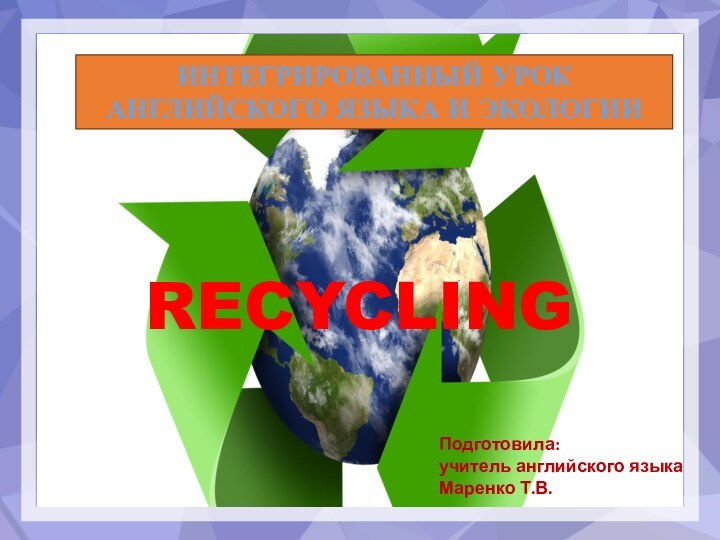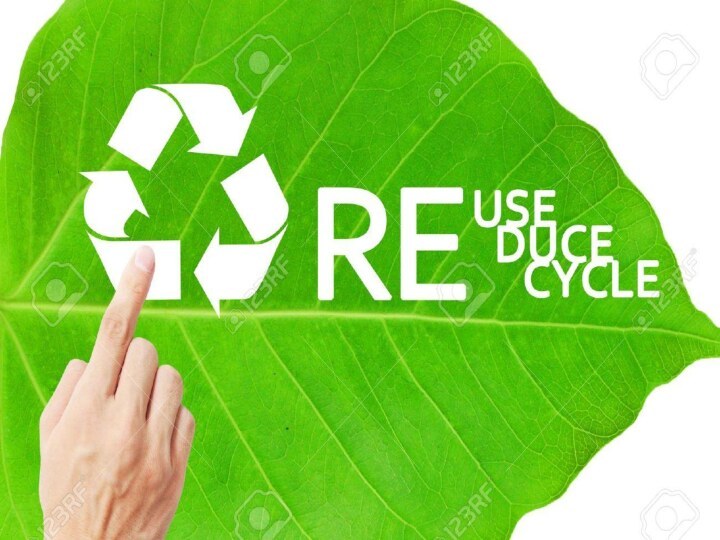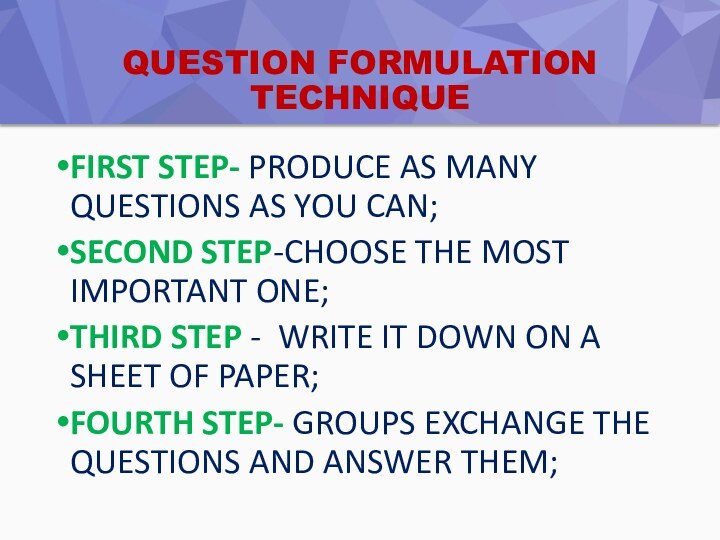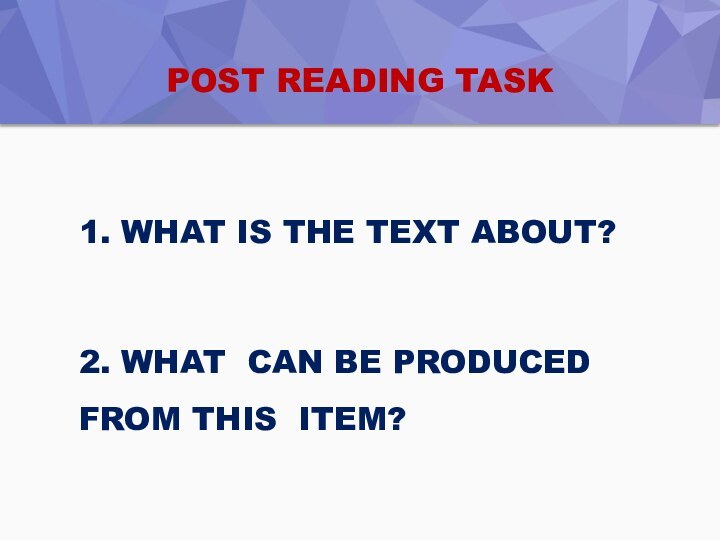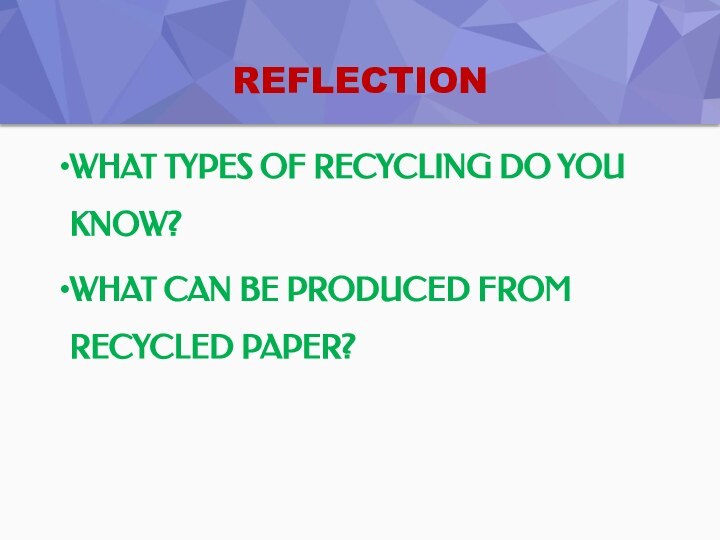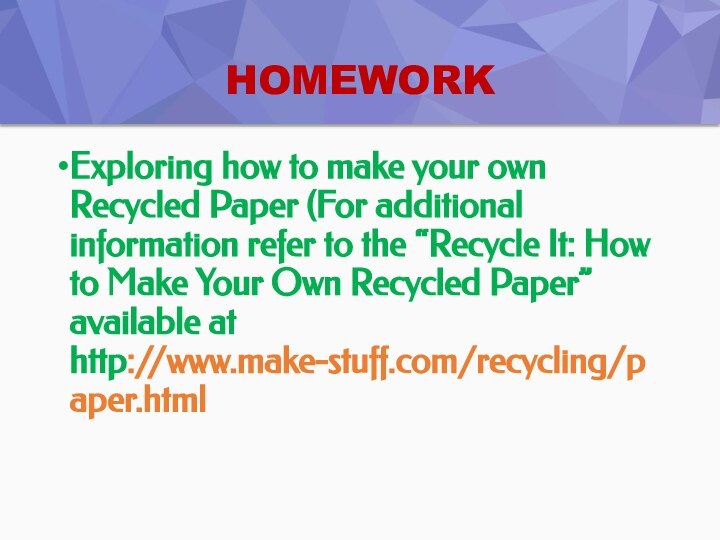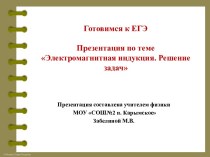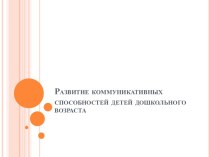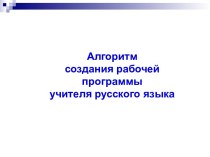places. In Reading, my hometown in the UK, I
can recycle paper, cardboard, plastic and glass bottles, cans and batteries. When I moved to university in Chester I discovered that there I could also recycle clothes, shoes, electrical items, ink cartridges, mobile phones, plastic pots and foil. I also had a compost bin for food waste such as meat, fish, fruit, vegetables, tea bags and food waste and another bin for garden waste. I am now currently living in Melilla, an area of Spanish territory on the north coast of Africa. Here I can only recycle paper, cardboard and glass. It it difficult for me to put something into the general waste when I know I can recycle it somewhere else.Choosing not to recycle increases landfill and many of the items that are put in landfills take hundreds of years to decompose. Many items, such as glass, never decompose and will stay there forever. The world is already overpopulated and eventually we may run out of space. Nobody wants to end up living next to a landfill. Packaging is also included in the price of the items we buy and putting them in landfill is not only wasting resources, but money as well. Plastic bags are a perfect example. Why do we get a plastic bag every time we go to the shop? In some places people have to pay for plastic bags, therefore we can save both money and resources through taking a reusable bag to the shops. It is also easier, as plastic bags don't last very long and aren't particularly easy to carry.
Additionally, continuing to produce items made from wood, card and paper is causing deforestation, which not only destroys the habitat of animals and makes them endangered, but also increases carbon dioxide in the atmosphere, as trees and plants are vital for producing oxygen and absorbing carbon dioxide through photosynthesis. Recycling paper and card can help prevent this.
